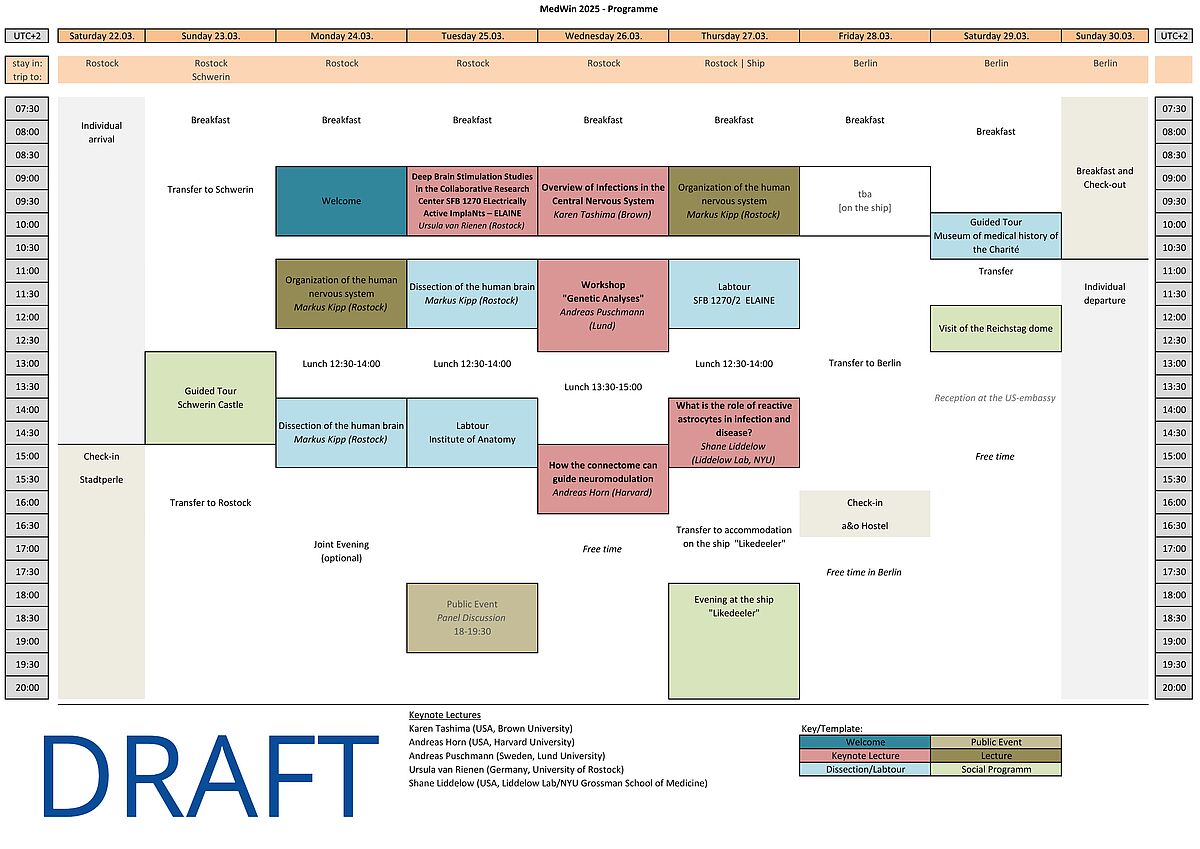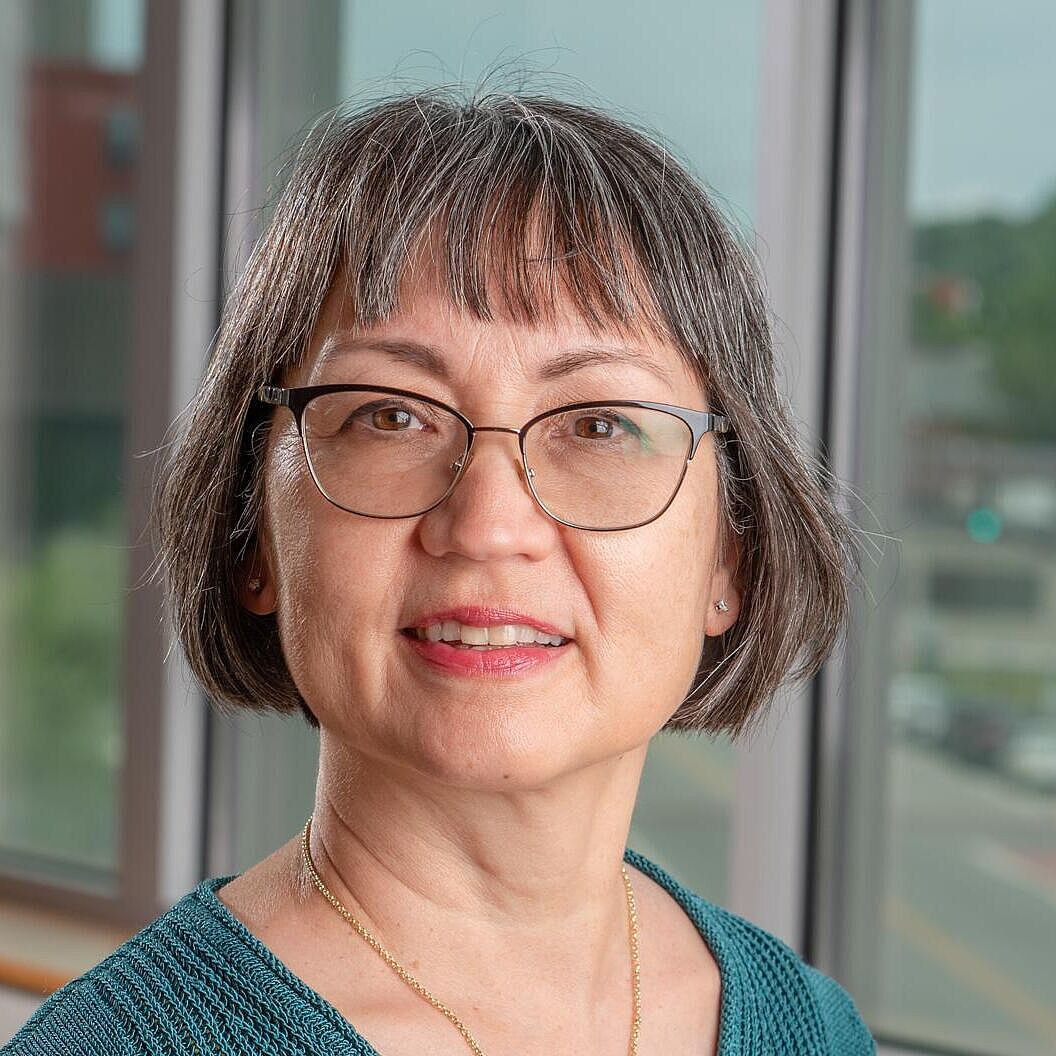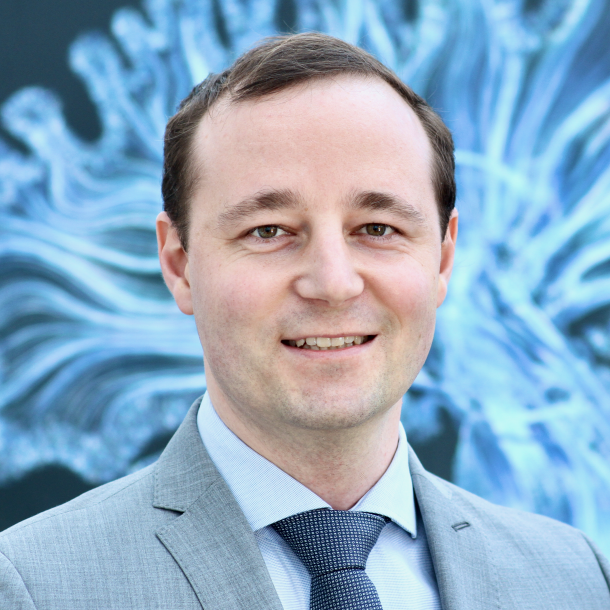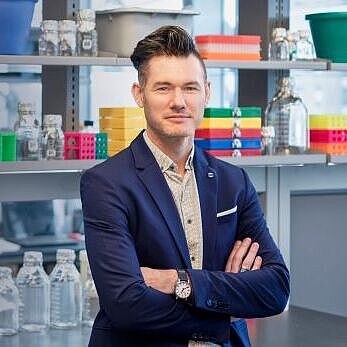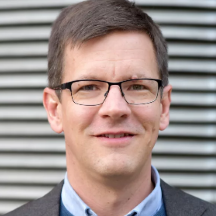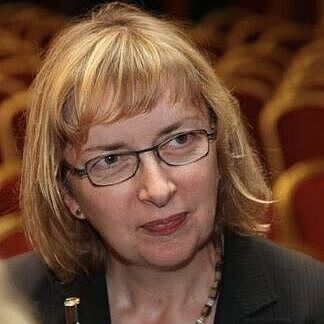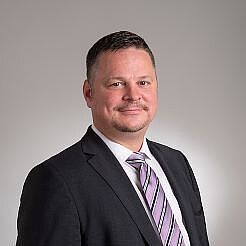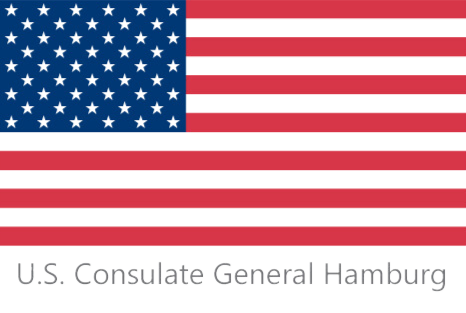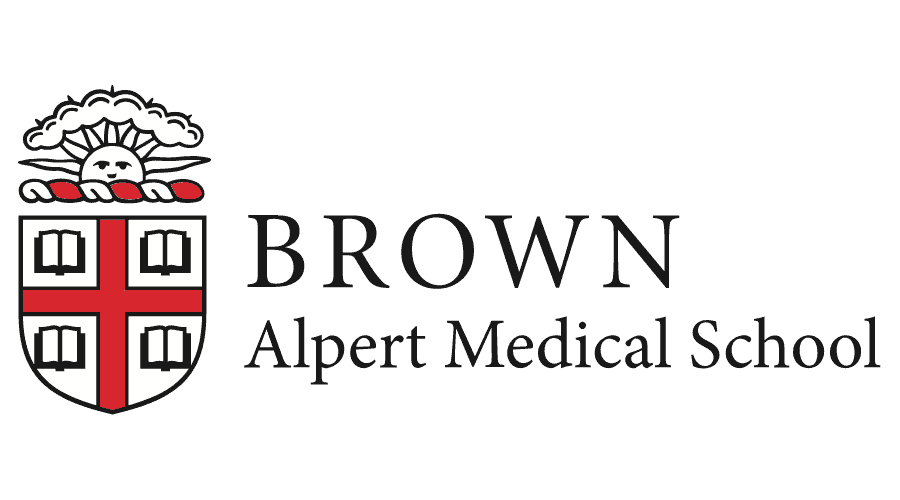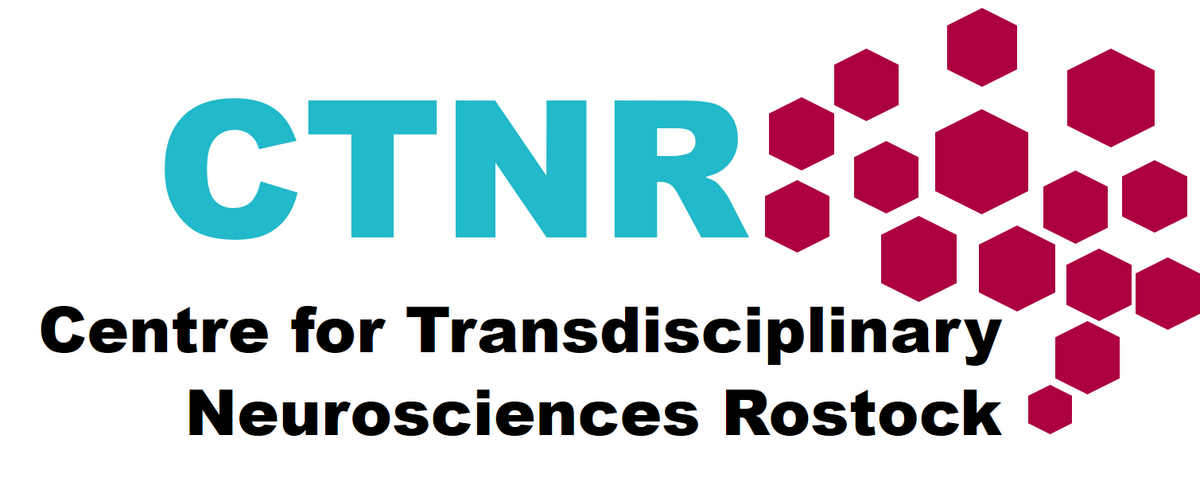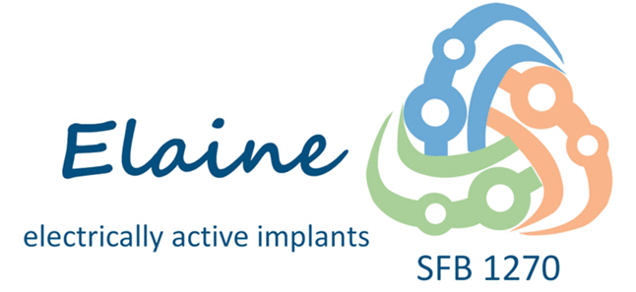Medical Winter School 2025 in Rostock
MedWin 2025
From macroscopy to histology: organization of the central nervous system
We are looking forward to welcome participants to the Medical Winter School "MedWin" 2025 in Rostock!
The winter school will take place from March 22 to 30, 2025. March 22 is the arrival day in Rostock. If you have any questions don't hesitate to contact us: medwin@uni-rostock.de
Quick Facts
| Date | March 22 to 30, 2025 |
|---|---|
| Venue | University of Rostock, Medical School |
| Target group | Students with medical background |
| Language | English |
| Fee | None |
| Credits | Certificate |
The speakers of MedWin
Get to know our speakers from all around the world
Karen Tashima
Professor of Medicine at Brown University
Karen Tashima, MD is a professor of medicine in the Division of Infectious Diseases at the Brown University in the United States. She is the Director of the HIV Clinical Studies and Clinical Research Site Leader of the AIDS Clinical Trials Unit at The Miriam Hospital. Dr. Tashima is the study chair of an ACTG study evaluating the effectiveness of a new strategy to treat HIV-infected persons with drug resistant virus. In 2005, she received the HIV Leadership Award as Outstanding HIV/AIDS Clinical.
Andreas Horn
Professor of Neurology at Harvard University
Andreas Horn, MD, PhD is a professor of Neurology at the Harvard Medical School who specializes in neuroimaging, method development, movement disorders, and invasive brain stimulation. His research aims to analyze and modulate brain networks to enhance clinical treatments, particularly focusing on movement disorders. He is also the Director of the Deep Brain Stimulation Research within the Center for Brain Circuit Therapeutics of the Brigham and Women’s Hospital. Moreover, he has received previous awards for his openly accessible software toolbox for localizing deep brain stimulation electrode placement on postoperative leading.
Shane Liddelow
Associate Professor at the Department of Neuroscience and Physiology at the NYU Grossman School of Medicine
Shane Liddelow, PhD is an associate professor at the Department of Neuroscience and Physiology and at the Department of Ophthalmology at the NYU Grossmann School of Medicine. In his research, he focuses primarly on the complex roles of astrocytes in the brain which has significant implications for neurodegenerative diseases such as Alzheimer’s or Parkinson’s. Therefore, Shaine Liddelow has lately received the Janett Rosenberg Trubatch Career Development Award from the Society for Neuroscience and the Pershing MIND Prize.
Andreas Puschmann
Professor of Neurology at Lund University
Andreas Puschmann, MD PhD, is adjunct professor at Lund University, and senior consultant neurologist at Skåne University Hospital, both in Sweden. He leads the Clinical Neurogenetics research group. His research focuses on clinical and genetical studies of Parkinson disease. His recent projects involve genetic diagnostics of rare neurological diseases in adults, including monogenic forms of movement disorders, of Parkinsonism, and of neurometabolic diseases. Prof. Puschmann is president-elect of the International Association of Parkinsonism and Related Disorders.
Co-presenters:
Bioinformatician/medical geneticist Efthymia Kafantari and Joel Wallenius (Lund, Sweden) will be available during the workshop to guide participants through genetic databases.
Ursula van Rienen
Spokesperson of the DFG Collaborative Research Center 1270 ELAINE at the University of Rostock
Prof. Dr. Ursula van Rienen works at the Institute for general electrical engineering. Her main research topics are the modelling and simulation of questions from accelerator physics and accelerator technology, especially beam dynamics and the fields in high-frequency structures. She is head of the DFG Collaborative Research Center for Electrically Active Implants (ELAINE) focusing on specifically implants employed for the regeneration of bone and cartilage, and implants for deep stimulation to treat movement disorders.
Prof. Dr. Markus Kipp
Director of the Institute of Anatomy at the University medical center Rostock
Since 2018 Prof. Dr. Kipp is Director of the Institute of Anatomy. He and his research group are interested to understand the physiology and pathology of the axon-oligodendrocyte-myelin unit. Particularly, they are interested to understand to what extend stressed oligodendrocytes regulate peripheral immune cell recruitment, and by which neuroanatomical pathways peripheral immune cells gain access into the CNS parenchyma. To address their scientific challenges they use state of the art techniques such as design-based stereology, a set of behavioral analyses such as high speed ventral plane videography, or positron emission tomography/computed tomography. Whenever possible, they compare their pre-clinical results with post-mortem samples, obtained from MS patient donors.


